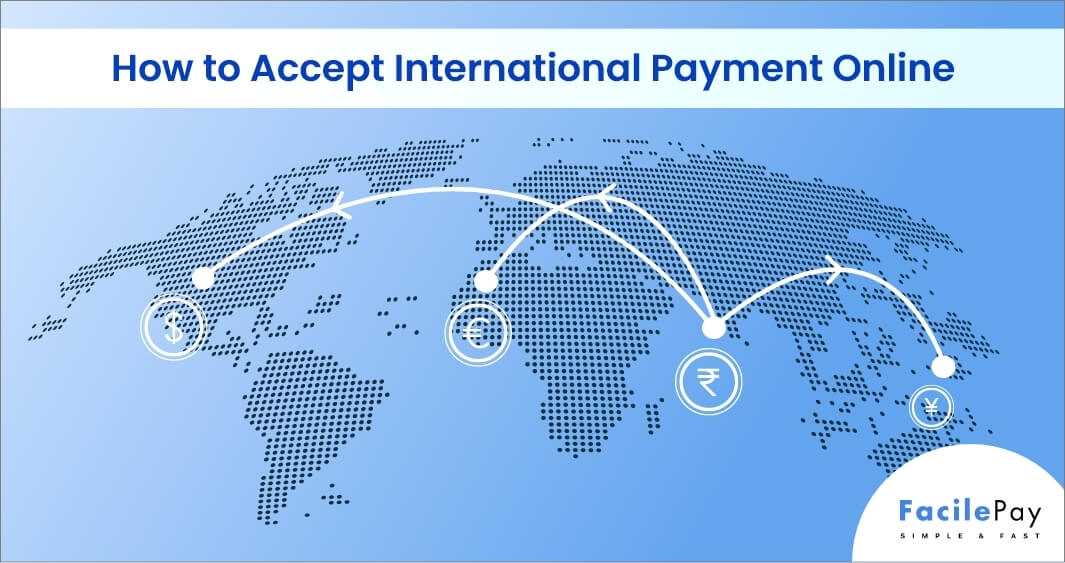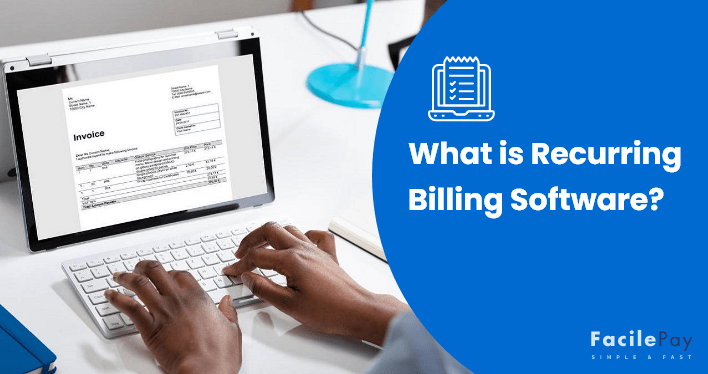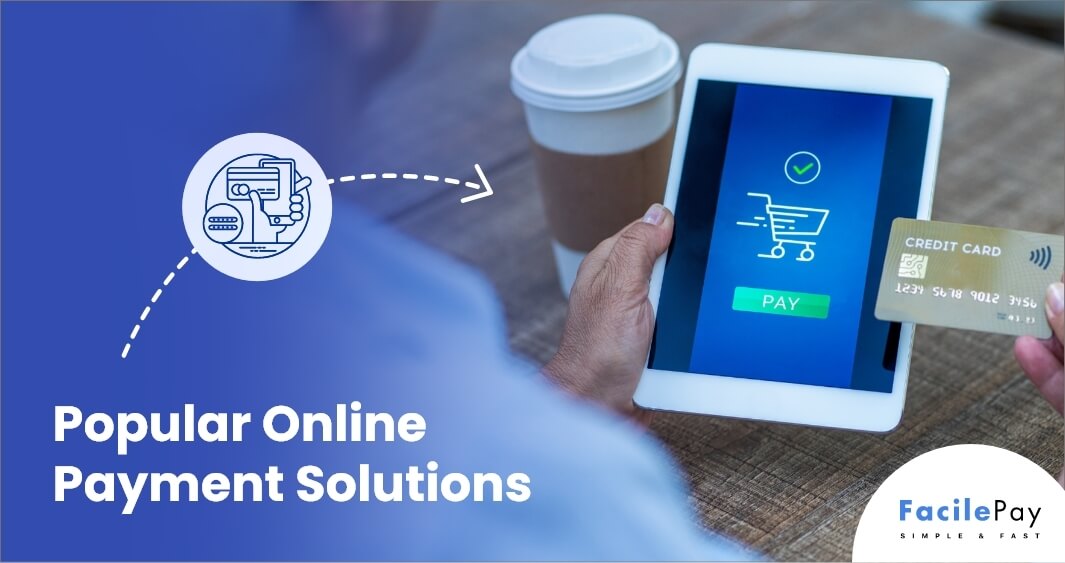- Accepting international payments can expand your customer base and increase revenue.
- You need to choose a payment gateway that supports international payments and can handle multiple currencies.
- Make sure you understand the fees and exchange rates associated with international payments.
- Offering multiple payment methods and currencies can improve the customer experience and reduce cart abandonment.
📝Key Takeaways:
The world has become increasingly interconnected and globalized, and businesses are looking to reach customers across international borders. However, accepting international payments can be a challenge, with different currencies, regulations, and payment methods to consider.
Fortunately, advanced technologies have made it easier than ever to accept payments from customers all over the world. According to a report generated by McKinsey, international transactions are going strong and are expected to reach $3 trillion by 2026.
This data clearly indicates the value and surge of international payments in the business world. The blog will help you to know how to accept international payments.
Contents
4 Best Ways to Accept International Payments
Accepting international payments is tedious for businesses because of foreign currency and different payment methods. However, by following the below four ways, you can effortlessly accept international payments.
1. Online Payment
Online payments are in trend and immensely popular in recent years due to their payment process. Moreover, online platforms, such as PayPal, Stripe, Amazon Pay, and others offer an easy-to-use and convenient way to accept payment globally.
With online payments, you can handle international clients and accept payments hassle-free.
- Easy set-up: Online payment platforms are easy to set up and have a simple sign-up process that can be completed in a few clicks.
- Expand reach: It allows you to reach customers anywhere in the world, and provide a convenient way to expand your business globally.
- Faster transactions: Online payment platforms offer quick transactions and help businesses to receive payment rapidly, and easily.
- Transaction fees: Many online payment platforms charge transaction fees, which can be expensive for a large volume of payment.
- Security issues: The chances of security breaches still can happen despite providing safe online payment methods.
- Currency conversion: Businesses may face currency conversion problems when accepting international payments.
2. Wire Transfers
Wire transfer is a fast way to transfer funds directly from one financial institute to another institute, which is global. It is often used for one-time or sensitive large transactions. Also, there are no limited money transactions.
Wire transfers are considered to be a safe method because there is a direct connection between sending and receiving banks.
- Reliable transactions: Wire transfers are considered a secure method of payment as they involve a direct transfer of funds between two bank accounts.
- Fast processing: Wire transfers are processed quickly, often within a matter of hours, making them a convenient option for businesses that need to receive payments quickly.
- No need for credit card processing: For wire transfers, credit card processing is not mandatory. Hence, it makes a convenient option for businesses.
- High fees: It is expensive and has high fees compared to other international online payments.
- Time-consuming: The wire transfer process is slow and time-consuming, especially for businesses that are not familiar with the process.
- Limited source: Not every country has access to wire transfer services, so it may not be suitable for some global businesses.
3. Letter of Credit
A letter of credit (LOC) is an official document issued by one bank to another bank based in a different country. The document guarantees that the buyer will make payment to the seller on a specific date.
It is often used for large transactions, such as international trade. Moreover, it is reliable because it provides assurance that you will receive payment on time.
- Secure transactions: LOCs provide a level of security for both the buyer and the seller, as the bank promises to make payment in the event of a default.
- Minimizes risk: It minimizes the risk of non-payment and makes them a manageable option for businesses that deal with transactions.
- Suitable for large transactions: The letter of credit is used for large transactions, making it convenient for businesses that often deal with high-value payments.
- Complex process: The process of setting up a letter of credit can be complex and slow for some companies.
- High processing fees: It often comes with high fees and adds on over time.
- Limited reach: Not all countries have access to LOC services, so your business may not be able to make transactions.
4. International money orders
International money orders are a type of payment method that involves the purchase of a physical order, which can then be redeemed in cash from another country.
This method is often used for smaller transactions where other methods may not be available in specific countries.
- Multiple resources: International money orders can be purchased at many post offices, banks, and money transfer agents, making them widely available.
- Convenient for small transactions: International money orders are often used for smaller transactions, making them a convenient option for businesses that frequently deal with smaller payments.
- Secure transactions: International money orders are considered a secure method of payment as they involve a physical order that must be redeemed for cash.
- Limited availability: International money orders may not be available in a few foreign countries, such as North Korea and Iran.
- High transaction fees: The cost of purchasing, and redeeming an international money order can be high for smaller transactions.
- Slow processing: The process of redeeming an international money order can be slow, especially if it involves multiple countries.
Factors to Consider When Choosing a Payment Solution
When choosing a payment solution for your business, there are several factors you need to consider to select the correct one for your needs. Some of the most important factors to consider include
- Payment types: There are different types of payment solutions, such as debit and credit cards, digital payments, and many others. It will differ from country to country.
- Transfer fees: Payment solutions may have different fees associated with transactions, such as transaction fees, setup fees, and monthly fees.
- Security: Ensure that the payment solution you choose has robust security measures in place, such as encryption, fraud detection, and dispute resolution procedures.
- Global reach: The online payment solution must be available in numerous countries and allow you to accept different currencies.
- Integration: If you already have a website or an e-commerce platform, ensure that the payment solution can easily integrate with your existing setup.
- Customer support: It should offer 24/7 support including technical support and a dedicated account manager to resolve issues immediately.
- User experience: Consider the user experience for your customers, such as the ease of making payments, the checkout process, and the overall customer experience.
5 International Gateways to Accept Online Payments
Accepting online payments is vital for any business that wants to expand globally and reach customers across different countries. Here are five international payment gateways that can help you accept online payments from customers around the world:
1. PayPal
It is one of the most popular payment gateways for online businesses with the support of over 200 countries and 24 currencies. It is a secure and convenient method to accept online payments from customers worldwide.
3. AmazonPay
It is the payment gateway offered by Amazon. International payment allows for accepting payments and storing information with their Amazon accounts. It is an easier and more efficient way for businesses to receive transactions.
5. Authorize.Net
The online payment gateway is available in several countries, such as the USA, Canada, UK, and Australia. It helps businesses to process credit card payments and manage online transactions.
If you want to know more about each of the payment gateway, read our blog on the best international payment gateways.
Frequently Asked Questions
-
What is the safest way to transfer money internationally?
A bank transfer is the safest way to transfer money internationally. However, it is time-consuming. You must ensure that transferring money includes robust online security, the use of strong passwords, and two-factor authentications.
-
Do I need to pay a transaction fee for international payments?
Yes, you need to pay a transaction fee to send or receive money internationally. However, the charges will vary on the payment method you are using and service providers. Also, the fee structure will depend on the speed of the transfer and used currencies.
-
How do I handle taxes and regulations while accepting international payments?
You can hire a legal expert or perform in-depth research about the country’s taxes and regulations. Businesses must verify their country’s laws and regulations before transferring or accepting money internationally.
-
How do I set up my business to accept international online payments?
You need to choose an online payment solution, set up an international merchant account, access international payments, and integrate with your website. Moreover, before choosing a payment method, go through the terms and conditions.
Start Accepting International Payments with the Right Method
Accepting international payments online has become easily accessible. However, it is possible by choosing the right payment gateway. Consider all factors and ways before selecting platforms to accept payments.
As a result, you can take your business to the global level, reach new heights, and thrive in the market. It is time to transfer your local business into an international business.




